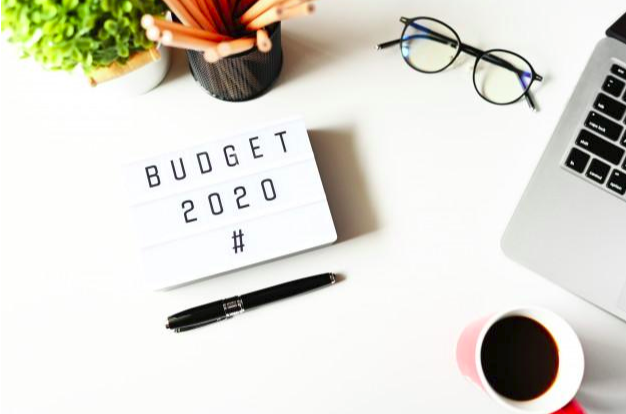Perhaps you spent a bit more money than you anticipated during the festive season and now need to devise a solid plan on paying off your debts. However, you and budgets do not really get along that well. It's time to get your mindset in order if you want to pay off your bills and enjoy financial stability in the New Year. Here's how to stick to your budget in 2020:
What is your budget?
The first step to financial stability is to determine what your budget is - in other words, analysing your income and debt amounts. Once you have an indication of this you can evaluate the bills you need to pay off the soonest and determine how much you can save for a rainy day. Set realistic financial goals and draw out a plan on how you aim to achieve them. Once you have an idea of your spending you can use budget worksheets or a phone app to track your income and prioritise expenses. Do your security checks on the apps before signing up and remember to be vigilant if linking bank accounts.
Why is it vital to stick to your budget?
Aside from the list of due debts that you are responsible for each month, each person has a unique reason for sticking to a budget. Maybe the feeling of peace and security you get when your budget helps you sleep at night. Maybe you want to teach your kids the importance of managing money. Or perhaps you have goals of travelling or renovating your home that you want to fulfil. Decide on what your personal reasons are and include them on your budget to motivate you to stick to your budget each month.
Scrutinize your finances daily
A great way to remind yourself of the progress you have made and how much more you need to pay to be debt-free is to check up on your finances daily. Take about five minutes each day to check how far you have advanced. You will get a further idea of your current spending patterns and determine if you are on track or need to tighten your budget. One way to avoid overspending is to save a set amount each month in a high-interest savings account.
Create a sinking fund
A sinking fund is a way to help you to stay out of debt and enjoy spending money on meaningful experiences. A sinking fund will help you to plan for a large upcoming purchase like an anniversary or birthday gift. The sinking fund will prevent you from using your emergency fund, your savings account or your credit card. Let's say that you need to have R12 000 for Christmas 2020 to cover your gifts, food, clothing and more. R12 000 divided by 12 months in R1000. That means that you should save a minimum of R1000 towards your Christmas sinking fund.
Reward yourself
While you are trying to optimize your saving methods and have a penny-wise frame of mind, you should also reward yourself for the progress you have made. Perhaps a fancy dinner and a movie or a set of new clothes. The aim of this is not to increase your debts, so avoid buying that new cellphone which costs R25 000, but rather as a means to keep you motivated to continue sticking to your budget.
Whether you have festive bills or are you just keen to avoid last year's financial troubles, sticking to a budget does not have to be complicated. Once you have reached your goal of securing financial stability and is considering investing in property or a new home, get in touch with Hermanus Property Sales we will help you find the right property to suit your pocket.
Author: Hermanus Property Sales





























